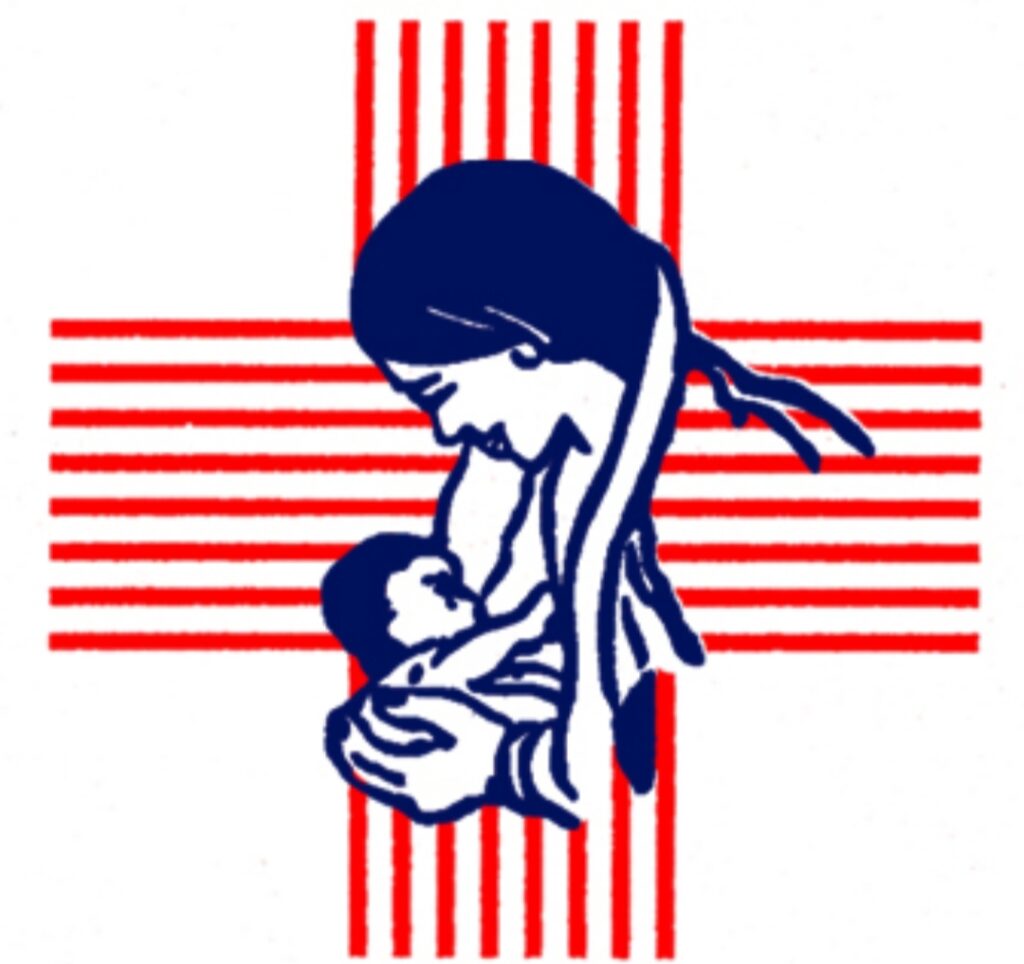Navigating pregnancy can be challenging, filled with excitement and concerns for expecting mothers. One issue to watch out for is jaundice symptoms during pregnancy. Recognizing these signs early helps ensure both mother and baby’s health remain in check.
Understanding Jaundice in Pregnancy
Jaundice is a condition where the skin and white parts of the eyes become yellow. It happens due to high levels of a yellow compound called bilirubin in the blood. When pregnant, your liver processes can slow, sometimes leading to elevated bilirubin. This can be more frequent in certain conditions like cholestasis of pregnancy, HELLP syndrome, and acute fatty liver. Cholestasis occurs when liver bile can’t flow properly, leading to itchiness and other signs. HELLP syndrome is a severe condition involving hemolysis (breakdown of red blood cells), elevated liver enzymes, and low platelet counts. The prevalence of these conditions is notable in India, where awareness is crucial. By knowing about these signs and symptoms, expecting mothers can be proactive in seeking care, keeping both themselves and their babies safe during pregnancy.
The Importance of Early Recognition
Recognizing jaundice symptoms during pregnancy early is crucial. If left unchecked, jaundice can pose risks to both mother and child. For the mother, liver issues might worsen, affecting overall well-being. For the baby, jaundice can impact development. Timely intervention is important to avoid severe complications. One mother’s story tells of itching during pregnancy, ignored at first. After seeking medical help, she learned she had cholestasis. By acting quickly, she and her baby had a healthy birth. This highlights the importance of seeing a doctor when noticing signs. Catching symptoms early helps healthcare providers manage the condition, ensuring the best outcomes for both mother and baby.
10 Early Signs of Jaundice During Pregnancy
Let’s explore some signs expecting mothers should watch out for:
- Itching (Pruritus) Without Rash: Persistent itching can be a clue that the liver’s not working well. That’s a signal to see your doctor.
- Yellowing of Skin and Eyes: This discoloration happens as bilirubin levels rise. It’s a clear sign to get checked.
- Nausea and Loss of Appetite: Feeling queasy or not wanting food can be a subtle hint at liver issues.
- Unusual Fatigue or Weakness: When the liver’s overworked, energy levels can dip. Feeling constantly tired means it’s time for healthcare advice.
- Abdominal Discomfort or Pain: Pregnant women might feel a dull ache or pressure in the tummy. It’s crucial to monitor and report this.
- Dark Urine and Pale Stools: The color change happens when bilirubin flows improperly.
- General Malaise: A consistent feeling like something’s not right often accompanies other symptoms.
- Mild Swelling or Fluid Retention: Sometimes linked to poorly functioning liver.
- Headache and Lightheadedness: These could occur, but aren’t always the most telling signs. However, combined with others, it’s worth noting.
- High Blood Pressure: This isn’t a direct jaundice indicator, but checking blood pressure can reveal related issues like HELLP syndrome.
Recognizing these signs can be a lifesaver. Prompt response to any of these symptoms can ensure better health outcomes.
When to Seek Medical Help for Jaundice Symptoms During Pregnancy
If you notice jaundice symptoms during pregnancy, you should seek medical advice without delay. Early reporting means your doctor can guide you on necessary steps, preventing complications. As a guiding measure, keep a diary of symptoms, noting when they start and change. This information will be useful in medical consultations, aiding in accurate assessments and treatment planning. Being prepared helps healthcare providers manage any jaundice-related issues effectively.
Role of the Healthcare Team and Diagnosis Process
When facing jaundice symptoms during pregnancy, healthcare providers kick into gear. They often start with blood tests and physical checks. Open conversations with doctors are key—they need to understand your symptoms to help effectively. If new symptoms pop up, prenatal care assessments may shift accordingly. Trust your healthcare team—they’re there every step of the way, ensuring a smooth journey.
Managing and Preventing Jaundice-Related Complications
Lifestyle adjustments can play a big part in handling jaundice symptoms during pregnancy. A balance of traditional and modern methods, especially in India, can be helpful. Regular prenatal check-ups are fundamental. Doctors can guide you with dietary tweaks to support liver health. In some cultures, this might involve adding specific foods rich in nutrients while avoiding greasy or spicy foods. These little steps, along with routine doctor visits, help prevent and manage potential complications effectively.
Conclusion and Call to Action
Identifying jaundice symptoms during pregnancy early allows for proactive management. By working closely with your healthcare team, you ensure early detection and treatment, which is crucial for both mother and baby. Remember, when it comes to health, no concern is ever too small to discuss with your doctor. Prioritize your well-being and give yourself and your baby the best chance for a healthy pregnancy. Don’t wait—check in with your healthcare provider today.
Consult us today at Manasa Hospital for expert guidance!



